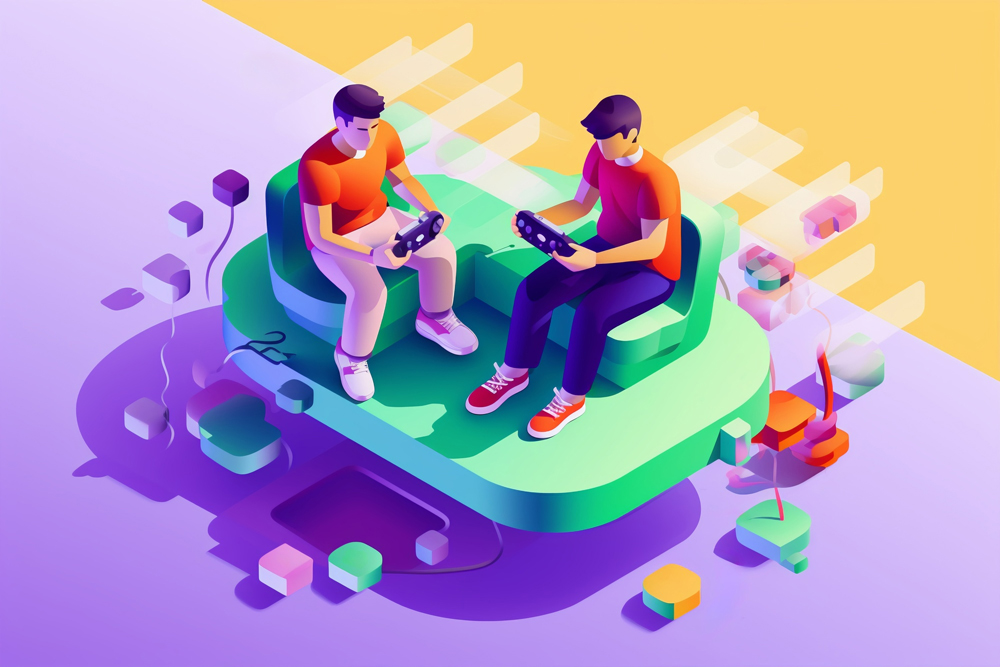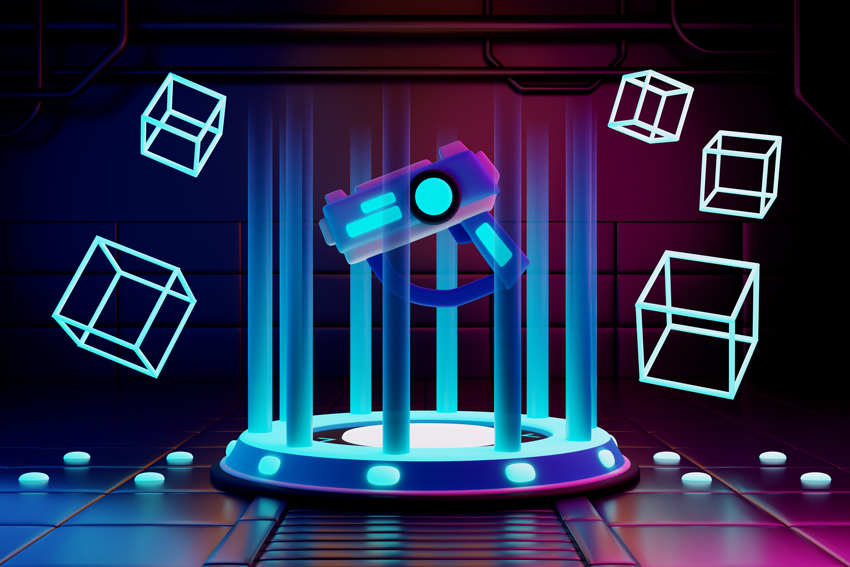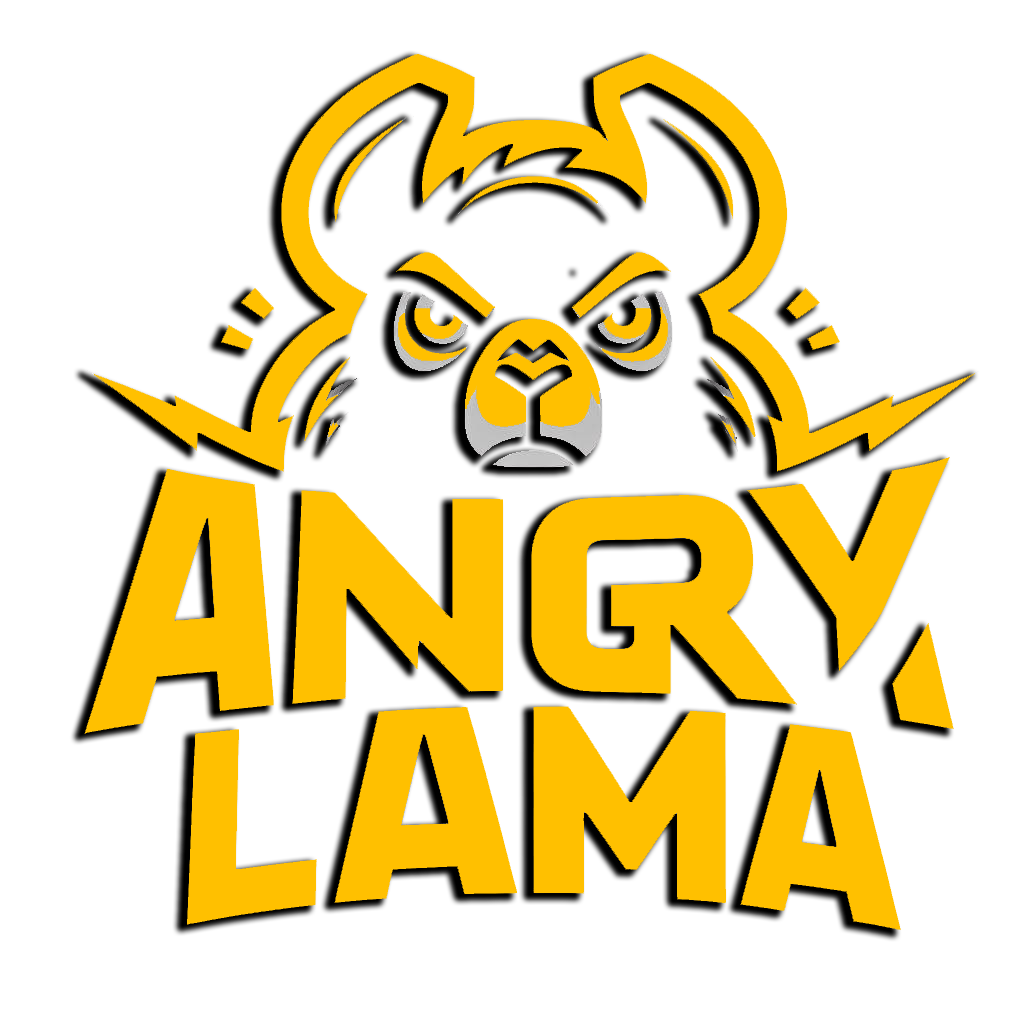Decentralized Gaming Platforms
Decentralized gaming platforms are revolutionizing the gaming industry by leveraging blockchain technology to create transparent, secure, and immersive gaming experiences. These platforms operate on decentralized networks, eliminating the need for intermediaries and giving players more control over their in-game assets and experiences.
One of the key advantages of decentralized gaming platforms is the ability to ensure fair play. By utilizing smart contracts and blockchain technology, these platforms provide verifiable and auditable gaming processes, eliminating concerns about cheating or manipulation. Players can trust that the outcomes of their gaming activities are determined by transparent algorithms rather than centralized authorities.
Decentralized gaming platforms also offer players true ownership of their in-game assets. With blockchain technology, players can have digital assets stored securely on the blockchain, allowing them to buy, sell, and trade their assets with other players without the need for intermediaries. This creates a vibrant and decentralized marketplace for virtual assets, empowering players and fostering a sense of ownership and value. Security is a top priority in decentralized gaming platforms. By leveraging blockchain’s immutability and encryption features, these platforms provide enhanced security for player data, transactions, and digital assets. This reduces the risk of hacking and fraud, giving players peace of mind and fostering trust within the gaming community.
Decentralized gaming platforms also offer greater accessibility and inclusivity. Traditional gaming platforms often have restrictions based on geographical location or payment methods. However, decentralized platforms remove these barriers, allowing players from around the world to participate and transact seamlessly using cryptocurrency, which is borderless and easily transferable. Interoperability is another significant advantage of decentralized gaming platforms. These platforms allow players to use their in-game assets across multiple games or platforms, creating a seamless and interconnected gaming ecosystem. This interoperability enhances the overall gaming experience and opens up new possibilities for creativity, collaboration, and innovation within the gaming community.
Decentralized gaming platforms often incorporate community governance features, giving players a say in the platform’s development and decision-making processes. This democratic approach fosters a sense of community ownership, encourages active participation, and allows players to shape the future of the platform based on their needs and preferences. In addition to player benefits, decentralized gaming platforms also offer advantages to developers. These platforms provide developer-friendly tools, smart contract frameworks, and open APIs, making it easier for game developers to create and deploy blockchain-based games. Developers can tap into the existing player base and marketplace of decentralized gaming platforms, accelerating their game development and monetization opportunities.

Decentralized gaming platforms often incentivize players through token rewards or staking mechanisms. Players can earn tokens by participating in the platform, achieving milestones, or contributing to the community. These tokens can then be used for in-game purchases, traded for other cryptocurrencies, or even converted into real-world value, creating new opportunities for players to monetize their gaming skills and achievements. One of the exciting aspects of decentralized gaming platforms is the concept of play-to-earn. Unlike traditional gaming models where players invest time and money without any means of recouping their investment, decentralized gaming platforms offer opportunities for players to earn cryptocurrency or other valuable rewards while playing. Through skill-based gameplay, completing specific tasks, or contributing to the ecosystem, players can earn tokens that hold real-world value, creating a more sustainable and rewarding gaming experience. Blockchain technology enables decentralized gaming platforms to implement provable fairness. By utilizing transparent algorithms and smart contracts, these platforms ensure that game outcomes are determined by verifiable and tamper-proof processes. This not only builds trust among players but also creates a level playing field where skill and strategy prevail, rather than relying on centralized servers or random number generators.
Decentralized gaming platforms are not limited to a specific genre or type of game. From collectible card games and virtual worlds to strategy games and eSports, blockchain-based platforms can accommodate a wide range of gaming experiences. This versatility opens up opportunities for innovation and creativity, as developers can explore new game mechanics, reward systems, and social interactions within decentralized gaming environments.
In summary, decentralized gaming platforms are transforming the gaming industry by offering fair play, true asset ownership, enhanced security, accessibility, interoperability, and community engagement. These platforms empower players by giving them control over their gaming experiences and assets, while also providing a vibrant marketplace and new opportunities for developers. With blockchain technology at their core, decentralized gaming platforms are poised to revolutionize the way games are created, played, and monetized, creating a more inclusive, transparent, and immersive gaming landscape. Our TanKash game also uses blockchain technology and you can download here and know more information, you can also enjoy the game and earn real Money.



